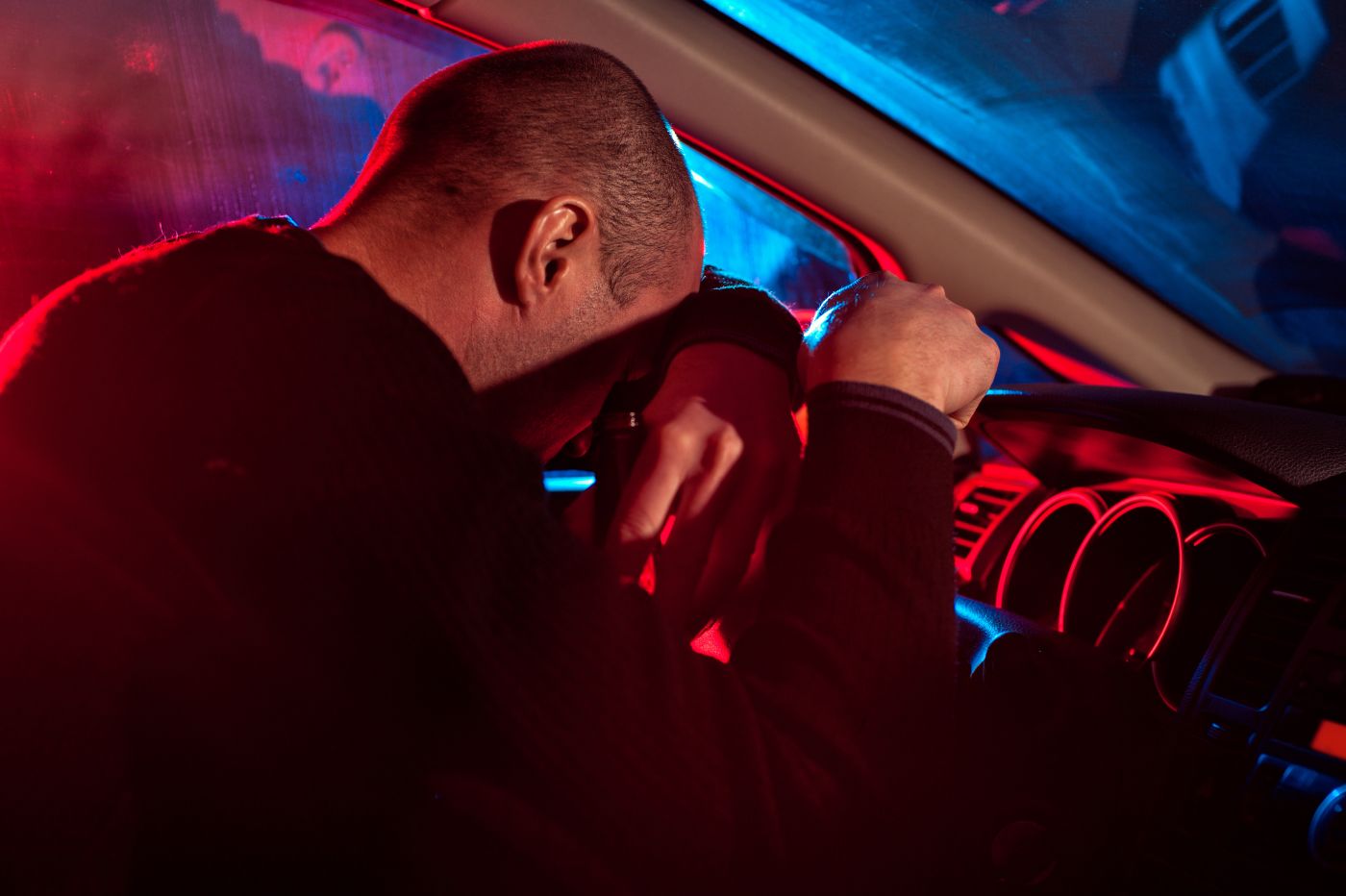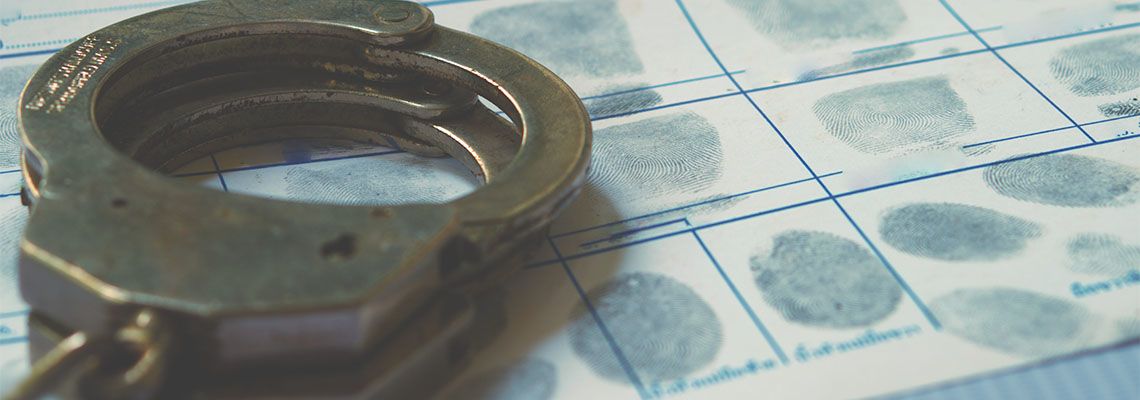
If you are convicted of driving under the influence, then you will likely need to use an Ignition Interlock Device. This device is unique in that it can take a breath sample to determine if you have been drinking before getting behind the wheel. This test can be performed multiple times while you’re driving.
With most Ignition Interlock Devices, or IID, the device requires you to blow into it when you want to start your vehicle. If you fail this test, you will not be able to start the vehicle. If you pass, the vehicle will turn on as usual.
These devices are highly sensitive, but that can be troublesome. If you have to use an IID, don’t use alcohol-based mouthwashes, gums or breath mints. If you do, then it could read that you’re impaired, even though it’s just the remnants of your good dental hygiene.
How Often Will the Machine Ask for A Sample?
As to not be a distraction, the IID usually only asks for samples at random intervals. Once will be when you want to start your vehicle. The next time will be at a random time while driving. This is known as a rolling retest. It will alert you for several minutes before you have to do the test, in most cases, so that you can pull over or stop to take it.
Will My Vehicle Shut Off if I Fail the Test?
No. It’s a common misconception and myth that the vehicle will turn off if you fail your test. If you fail, the IID will record the failure. That will then be reported, and you could face further penalties for driving while impaired.
An IID Could Get You Your License Back Sooner
The nice thing about an IID is that it may give you the opportunity to get your license back sooner if you have a DUI conviction. With an IID, the court can be assured that you won’t be driving while impaired, so that makes it much easier for you to get your license back and to maintain your normal life despite a conviction. This is something to consider if you are fighting a DUI charge.



